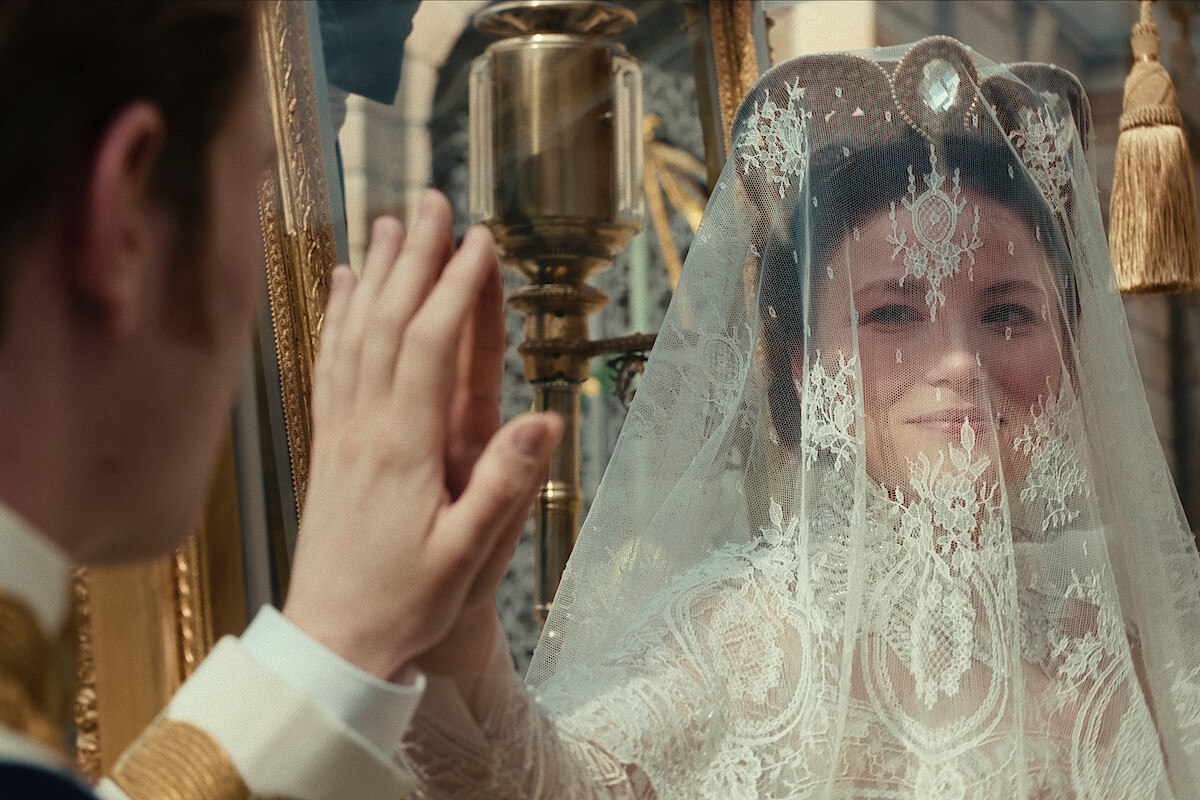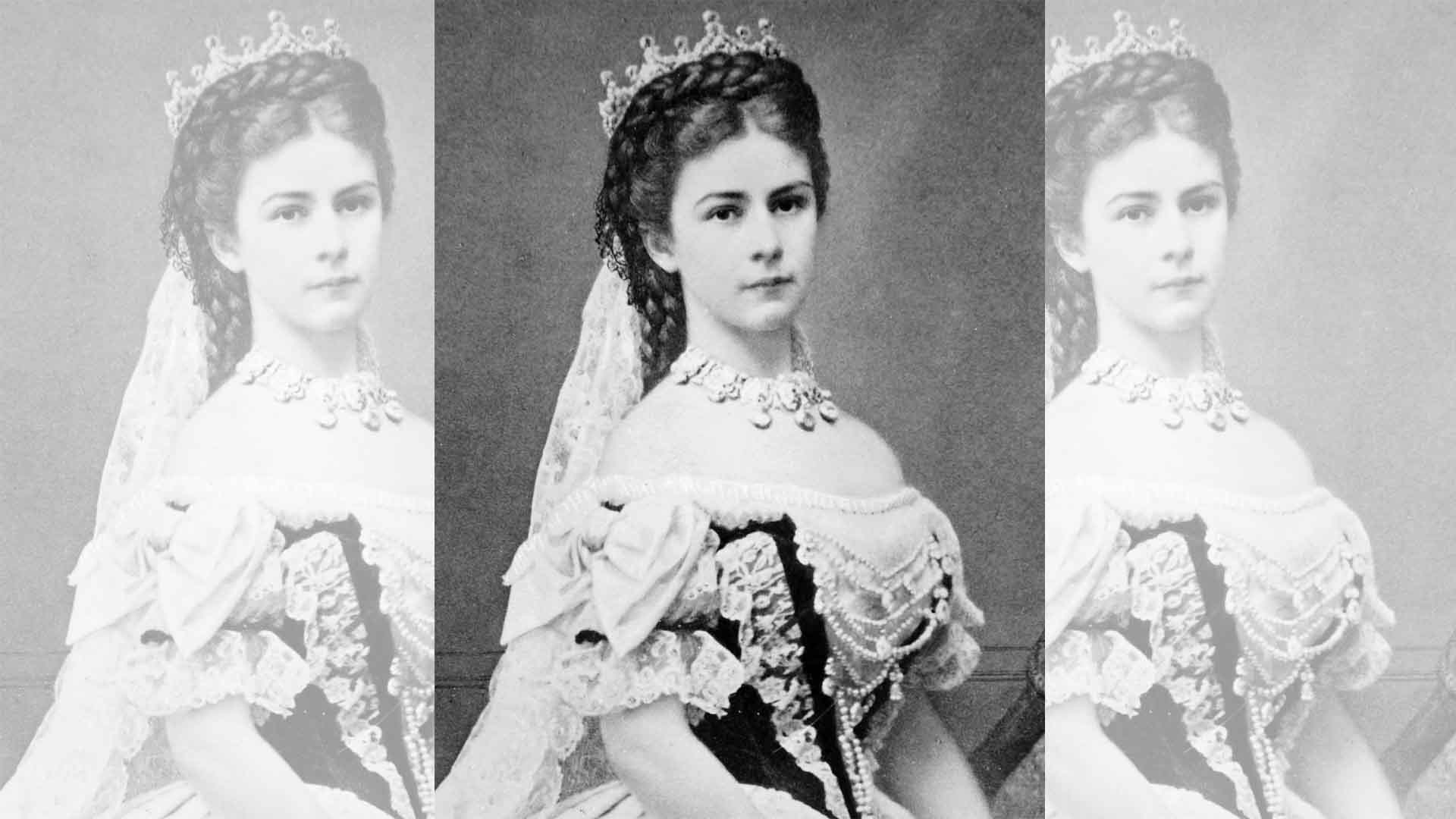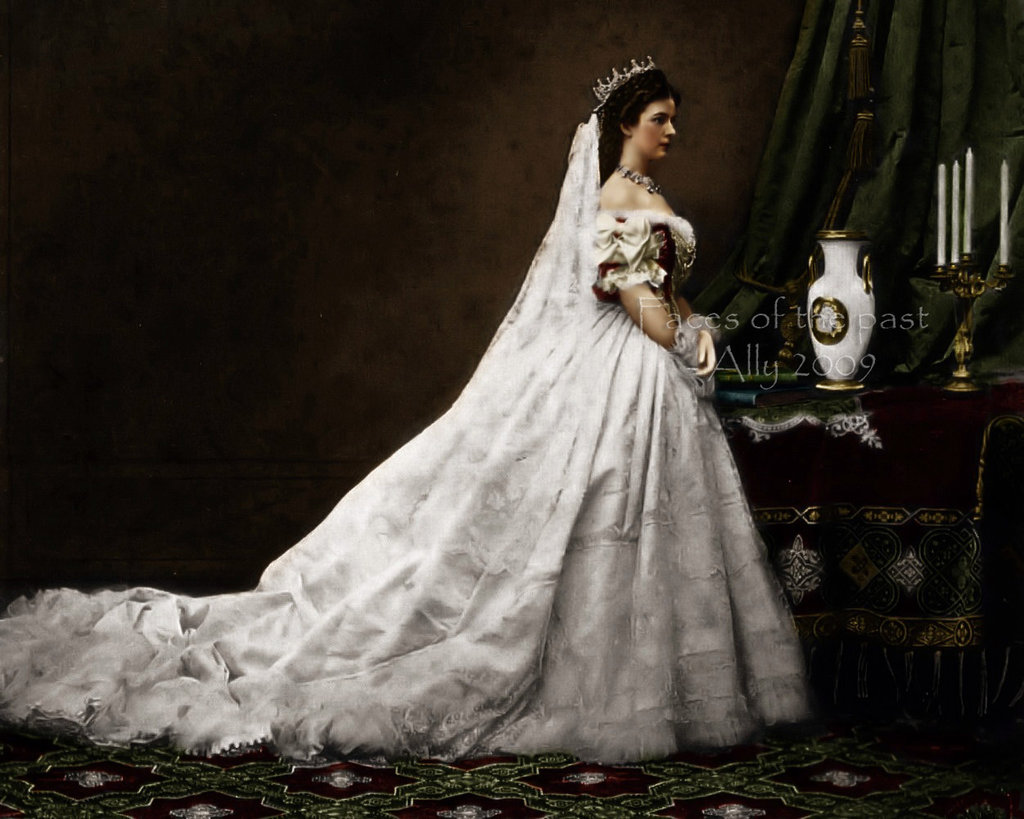Have you ever wondered about the real stories behind history's most captivating figures? Some lives, it seems, are almost too extraordinary to be true, yet they leave an indelible mark on the world. One such person, a truly remarkable royal, was Empress Elisabeth of Austria, a woman whose beauty and independent spirit captured hearts, even as she wrestled with the very crown she wore.
Her story, full of both grand splendor and deep personal sorrow, continues to fascinate people today, rather. From her unexpected rise to power to her relentless pursuit of freedom, Elisabeth’s journey was far from the typical royal narrative. She was, in a way, a rebel queen, always seeking something more than the strictures of court life could offer.
Today, her legacy lives on, inspiring popular shows and sparking conversations about what it truly means to live authentically, even under the heaviest of expectations. You know, her tale is pretty compelling for anyone interested in history or just a powerful human story.
Table of Contents
- Biography: A Glimpse into Her World
- A Childhood Unbound and a Marriage Unforeseen
- The Golden Cage: Life as Empress
- Her Passions: Poetry, Travel, and a Quest for Beauty
- A Special Bond with Hungary
- The Shadows of Sorrow and a Tragic Farewell
- Elisabeth's Enduring Legacy in Popular Culture
- Frequently Asked Questions About Empress Elisabeth
- Final Thoughts on a Life Less Ordinary
Biography: A Glimpse into Her World
Empress Elisabeth of Austria, often called Sisi, lived a life that was, frankly, quite rich in experience but also deeply tragic. Born into Bavarian royalty, she was not, in fact, initially destined for the Austrian throne. Her path changed dramatically with an unexpected engagement that would forever alter her destiny and the course of European history. Her story is one of a free spirit trying to find her place within a very rigid system.
She was, you could say, a woman of many parts: a dedicated sportswoman, a fashion trendsetter, an avid traveler, and a thoughtful poet. Her connection with the Hungarian people was also something truly special, setting her apart from many other royals. This unique mix of roles and personal struggles has kept her story alive for generations, sparking curiosity about the woman behind the crown, you know.
Personal Details and Bio Data
| Detail | Information |
|---|---|
| Full Name | Elisabeth Amalie Eugenie |
| Title | Empress of Austria, Queen of Hungary |
| Nickname | Sisi (or Sissi) |
| Born | December 24, 1837, Munich, Kingdom of Bavaria |
| Died | September 10, 1898, Geneva, Switzerland |
| Spouse | Emperor Franz Joseph I of Austria |
| Children | Archduchess Sophie, Archduchess Gisela, Crown Prince Rudolf, Archduchess Marie Valerie |
| Notable Traits | Beauty, love for poetry, travel, horseback riding, fashion icon, independent spirit |
| Key Struggles | Court etiquette, public scrutiny, personal tragedies, desire for freedom |
A Childhood Unbound and a Marriage Unforeseen
Elisabeth's early years were, by royal standards, rather unconventional. She grew up in Bavaria, enjoying a childhood that was, you might say, quite free and easy, unlike the strict upbringing typically given to princesses. She spent much of her time outdoors, riding horses, and exploring, which helped shape her independent and spirited nature. This early freedom was, of course, a stark contrast to the life that awaited her.
Her path to becoming Empress of Austria was, honestly, quite unexpected. At the tender age of 16, she traveled with her mother and older sister, Helene, to Bad Ischl, where Helene was meant to meet Emperor Franz Joseph I, her cousin, as a potential bride. But, as fate would have it, Franz Joseph was instead captivated by the younger, lively Elisabeth. He proposed to her, and she accepted, more or less stepping into a role she never sought. This sudden shift from a relaxed upbringing to the highest echelons of European royalty was, naturally, a huge change for her.
The Golden Cage: Life as Empress
Once married to Emperor Franz Joseph I, Elisabeth quickly found herself a reluctant empress. The strict etiquette and rigid protocols of the Viennese court were, to be honest, a suffocating burden for her free spirit. She struggled immensely with royal life, feeling confined by the constant public gaze and the endless ceremonial duties. This was, in a way, a gilded prison for her, despite all the luxury.
She often felt misunderstood and isolated within the Habsburg court, which was, quite frankly, a very traditional and conservative environment. The pressure to conform, to produce heirs, and to uphold a flawless public image weighed heavily on her. Elisabeth, you see, yearned for a life less constrained, a life where she could truly be herself, away from the watchful eyes of courtiers and the public. This desire for personal liberty became a defining characteristic of her time as empress, and it was, pretty much, a constant battle.
Her Passions: Poetry, Travel, and a Quest for Beauty
To cope with the demands of her role, Elisabeth poured her energy into various passions. She was, for instance, a gifted poet, often expressing her inner thoughts and feelings through verse, a private escape from her public persona. Her poems reveal a sensitive soul, deeply reflective and often melancholic, which is that, quite telling about her state of mind.
Travel became another vital outlet for her. She journeyed extensively across Europe and beyond, seeking new experiences and a respite from the confines of Vienna. These trips were, basically, her way of finding freedom and anonymity, even if only for a little while. She visited places like England, Corfu, and Hungary, finding solace in new landscapes and cultures.
Elisabeth was also, famously, a fashion icon and was deeply committed to maintaining her striking beauty. She spent hours on her elaborate hair, which reportedly reached her ankles, and followed strict diets and exercise routines. Her dedication to her appearance was, in some respects, a form of self-expression and control in a life where she had very little of either. Learn more about on our site, if you're interested in the broader context of royal life.
A Special Bond with Hungary
Among her many connections, Elisabeth developed a particularly strong bond with Hungary. She was, quite sympathetic to the Hungarian cause for greater autonomy within the Austro-Hungarian Empire, a stance that often put her at odds with her husband's government. This affinity was, apparently, rooted in her own feelings of being an outsider and her admiration for the Hungarian spirit.
She learned the Hungarian language, spent significant time in Hungary, and formed close friendships with Hungarian nobles. Her efforts played a crucial role in the Austro-Hungarian Compromise of 1867, which created the dual monarchy and granted Hungary more independence. This act, you know, solidified her popularity in Hungary, where she was, and still is, revered as a beloved queen. It was, in a way, one of her greatest personal triumphs as empress.
The Shadows of Sorrow and a Tragic Farewell
Despite her outward beauty and royal status, Elisabeth's life was, in fact, marked by profound personal tragedies. The loss of her first child, Sophie, at a young age, and the strained relationship with her surviving children, particularly her son Rudolf, cast long shadows over her existence. The most devastating blow came with the Mayerling Incident in 1889, where her only son, Crown Prince Rudolf, died in a suspected murder-suicide with his mistress. This event, you can imagine, shattered her spirit completely.
After Rudolf's death, Elisabeth retreated even further from public life, often wearing black and seeking solitude. Her desire for freedom and her melancholic nature intensified. Her own end was, tragically, just as unexpected and violent. On September 10, 1898, while walking along the shore of Lake Geneva, she was assassinated by an Italian anarchist named Luigi Lucheni, who stabbed her with a sharpened needle. Her death, basically, brought a sudden and shocking end to a life that had been both grand and deeply sorrowful. It was, truly, a very tragic conclusion to her story.
Elisabeth's Enduring Legacy in Popular Culture
Empress Elisabeth's captivating life and tragic end have ensured her place in history and, you might say, in popular imagination. She remains a subject of immense fascination, inspiring countless books, films, and television series. The beloved Austrian royal, Empress Sisi, gets the period drama treatment in Netflix's 'The Empress,' which offers a fresh look at her early years at court. This show, you know, has brought her story to a whole new generation of viewers.
Similarly, 'Die Kaiserin,' a German historical drama television series, also focuses on the life of Empress Elisabeth of Austria, starring Devrim Lingnau. These adaptations, to be honest, highlight her enduring appeal and the timeless quality of her story. They often explore her struggles, her beauty, her rebellious spirit, and her deep desire for personal freedom. Her story is, quite simply, one that resonates because it speaks to universal human experiences of joy, sorrow, and the search for identity, and link to this page for more historical insights.
Frequently Asked Questions About Empress Elisabeth
What was Empress Elisabeth of Austria famous for?
Empress Elisabeth was famous for her stunning beauty, her love for poetry, travel, and horseback riding, and her independent spirit. She was also known for her difficult relationship with court life and her tragic personal experiences, including the death of her son. She was, in a way, a reluctant empress, always seeking a life beyond her royal duties.
Why was Empress Elisabeth called Sisi?
Elisabeth was, in fact, nicknamed Sisi by her family and close friends. This affectionate diminutive was used throughout her life and has become the most common way to refer to her, making her feel, you know, a bit more approachable to people even today.
Is Netflix's The Empress historically accurate?
Netflix's 'The Empress' is a German historical drama series based on the life of Empress Elisabeth of Austria. While it captures the essence of her personality and many key events, like most historical dramas, it takes some creative liberties for narrative purposes. It aims to tell the true story of Empress Elisabeth while making it engaging for a modern audience, so, you know, some details might be dramatized.
Final Thoughts on a Life Less Ordinary
Empress Elisabeth of Austria lived a life that was, in many ways, both incredibly rich and profoundly tragic. She was a woman who, apparently, struggled with the very role that brought her immense privilege, always seeking a deeper meaning and a truer existence beyond the confines of her royal station. Her story reminds us that even those with seemingly everything can carry heavy burdens and that the pursuit of personal freedom can be a lifelong journey. Her legacy, quite frankly, continues to inspire curiosity and empathy, proving that some historical figures simply never fade from our collective memory.



